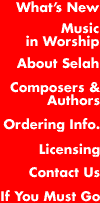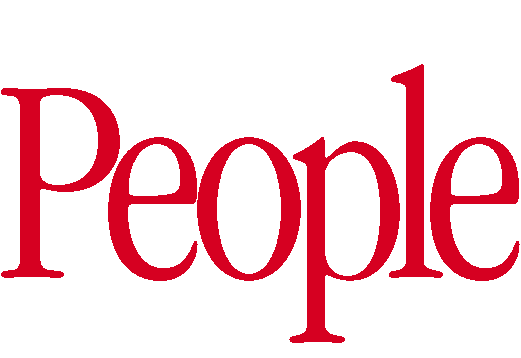 |
|
|
 |
Charles Wesley
Charles and John Wesley (17031791), the brothers whose evangelical vision and tireless efforts shaped 18th-century Methodism, left a rich legacy of hymns with enduring appeal. They encouraged congregational singing and provided their followers with songs that gave vent to the deepest emotions of participants in the 18th-century evangelical awakening. The vast majority of the Wesleys hymns came from the pen of Charles.
The brothers were reared in an Anglican manse and deeply influenced by their capable mother, Susannah, and their rector father, Samuel. Educated at Oxford, they took Anglican orders and sailed to the American colonies to undertake a mission in Georgia. In Savannah, they compiled their first hymnal but met with no marked religious success. They returned to England, deeming their missionary efforts a failure. In the third week of May, 1738, both brothers experienced dramatic awakenings to faith-in John Wesley's famous description, their hearts were "strangely warmed." A new commitment to evangelism and holiness marked their future efforts. Charles Wesley immediately turned to poetry to express his religious emotions and urge others on to deeper commitment. He wrote his first hymn a day or two after his conversion and dictated his last on his deathbed.
|
|
|
|
Choral octavos
Come Away to the Skies (White, SATB a cappella, 405-555, Mod. diff.)
Come, Thou Long-Expected Jesus (David Ashley White, Two-part, organ, 405-144, Mod. easy)
Come, Thou Long-Expected Jesus (David Ashley White, SATB, organ, 405-145, Mod. easy)
Jesus, Lover & Watchman, Tell Us (Carl Schalk, SATB, organ, brass quartet, timp., opt. cong., 425-845, Mod. diff.)
Love Divine, All Loves Excelling (Johengen, SATB, organ, brass quintet, opt. cong., 425-868, Mod. diff.)
New! Love Divine, All Loves Excelling (Purcell, arr. Alfred V. Fedak, Two-pt., kybd., 420-117, Mod. easy) |
|




